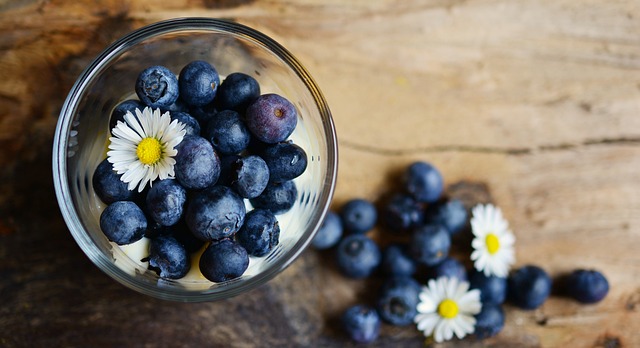Boost Your Gut Health: Probiotic Insights for Optimal Digestion
The digestive system plays a crucial role in maintaining overall health and well-being. It is responsible for breaking down food, absorbing nutrients, and eliminating waste. However, various factors such as stress, unhealthy diet, and certain medications can disrupt the balance of bacteria in the gut, leading to digestive issues.
Probiotics, often referred to as “good bacteria,” are beneficial microorganisms that can support a healthy gut. These live bacteria or yeasts can be found in certain foods or taken as supplements. Incorporating probiotics into your daily routine can have a positive impact on your digestion and overall gut health.
The Role of Probiotics in Digestion
Probiotics provide numerous benefits when it comes to digestion. Here are some key ways in which they contribute to optimal gut health:
- Restoring Gut Flora Balance: The human gut is home to trillions of bacteria. Some are beneficial, while others are harmful. When the balance between good and bad bacteria is disrupted, it can lead to digestive problems like bloating, constipation, or diarrhea. Probiotics help restore this balance, ensuring a healthy gut flora.
- Enhancing Nutrient Absorption: The gut is responsible for absorbing nutrients from the food we eat. Certain strains of probiotics have been shown to improve nutrient absorption, especially for vitamins like B12, K2, and certain minerals.
- Strengthening the Gut Lining: A healthy gut lining is essential for preventing the leakage of undigested food particles and harmful toxins into the bloodstream. Probiotics help strengthen the gut lining, reducing the risk of leaky gut syndrome and associated symptoms like bloating, headaches, and fatigue.
- Supporting Immune Function: Approximately 70% of our immune system resides in the gut. Probiotics can help stimulate the production of immune cells and regulate the immune response. This can enhance the body’s ability to fight off infections and reduce the risk of allergies and autoimmune diseases.
Sources of Probiotics
Probiotics can be obtained from both natural food sources and supplements. Some common sources of probiotics include:
- Yogurt: Yogurt is one of the most popular probiotic-rich foods. Look for yogurts labeled with “live and active cultures” to ensure you’re getting the beneficial bacteria.
- Kefir: Similar to yogurt, kefir is a fermented milk drink that contains a diverse range of probiotic strains.
- Sauerkraut: Made from fermented cabbage, sauerkraut is a good source of probiotics. Opt for the unpasteurized variety for the maximum benefit.
- Kombucha: This fermented tea drink contains live cultures and is becoming increasingly popular as a probiotic beverage.
- Miso: A traditional Japanese seasoning, miso is made by fermenting soybeans. It is a rich source of probiotics as well as essential amino acids.
- Probiotic Supplements: If you’re unable to get sufficient probiotics from food sources, supplements can be a convenient option. Consult with a healthcare professional to determine the right supplement for your needs.
How to Incorporate Probiotics into Your Diet
Adding probiotic-rich foods to your diet is a simple and effective way to support your digestive health. Here are some tips to help you incorporate probiotics into your daily routine:
- Start with Yogurt: Yogurt is widely available and can be easily included in your breakfast or snack time. Mix it with fruits or granola for added flavor and nutrition.
- Experiment with Fermented Foods







